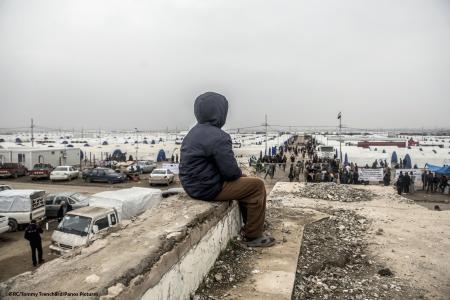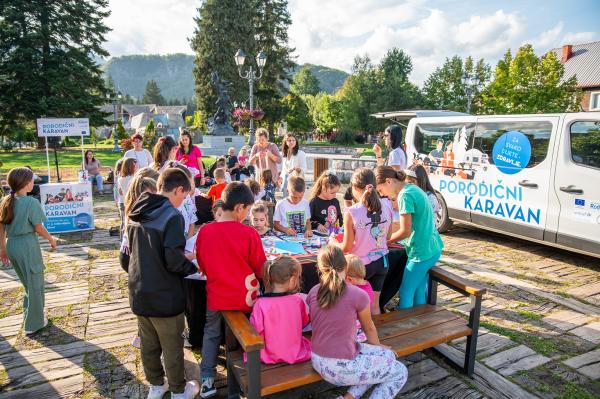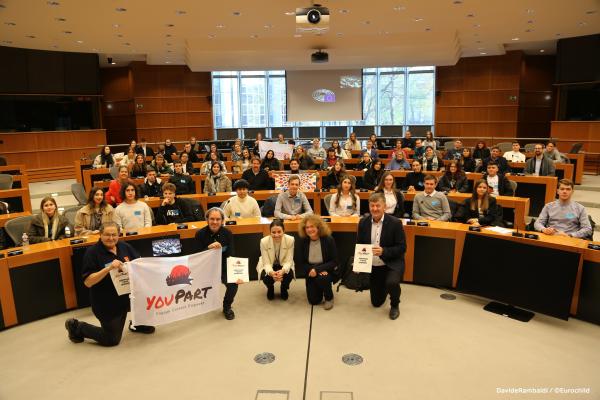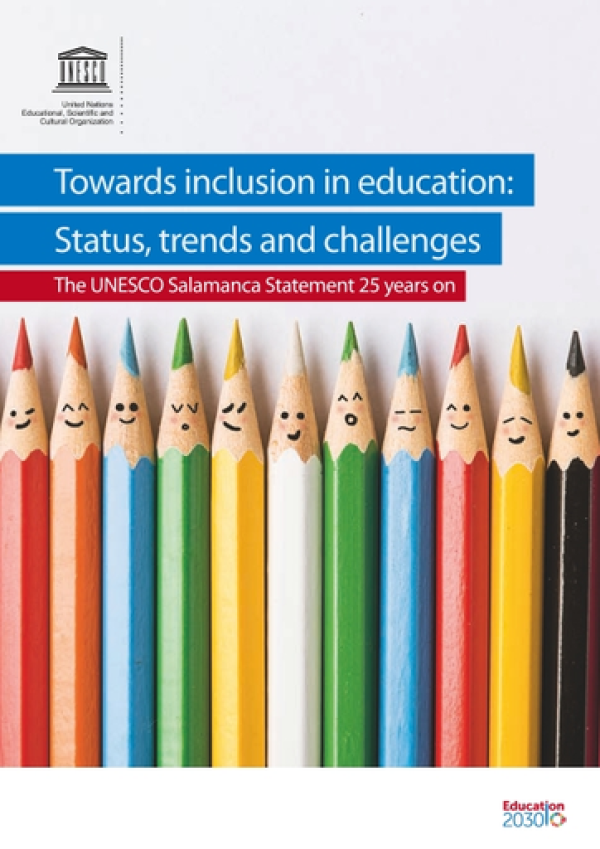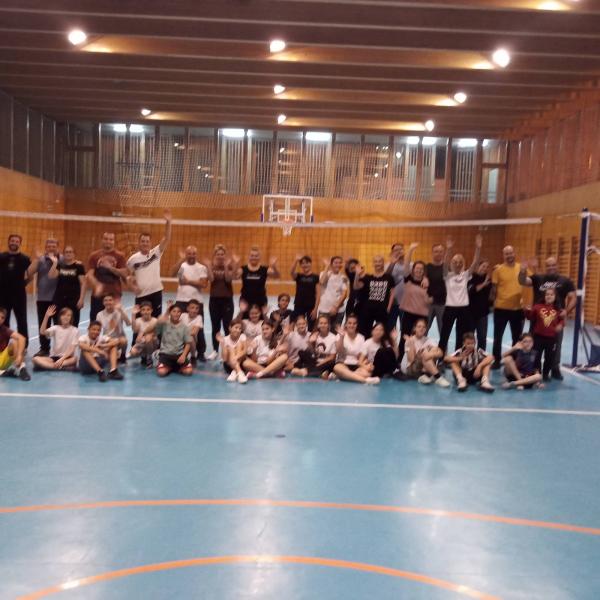
In 2016, UNICEF reported that more than 50 million children had been displaced, from which, 28 million were fleeing violence and insecurity. Children are often separated from their families, or they travel alone, making them targets for trafficking, smuggling, kidnapping, rape, torture, and/or more vulnerable to health problems, serious illnesses, drowning at sea, and are unable to access education and healthcare. As a consequence, these children lose their trust in adults who are responsible for protecting them, making the job of teachers and other care and service providers more difficult and less effective.
As part of the effort to address this issue, the Centre for Excellence for Children’s Care and Protection (Celcis) at the University of Strathclyde, created a free, online course on FutureLearn, ‘Caring for Children Moving Alone: Protecting unaccompanied and separated children’, aimed mainly to support the teachers who come into contact with unaccompanied migrant children.
Part of the course offers information on why children become unaccompanied and separated, about their journey and its effect on their behaviour. Refugee children have the same rights as other children – including the right to education. Governments must respond effectively to this issue, and make sure that teachers (and others) have the necessary information (such as the living conditions and legal guardians, supporting professionals) for proper educational planning and support.
The course also covers issues such as the importance of children’s rights being realized, regardless of their immigration status. Teachers must be aware of their students’ immigration status, as it must be taken into consideration when planning education (e.g. immigration status changes as a result of reaching the age of 18). Besides this, it is important that teachers (and other professionals in contact with unaccompanied and separated children) understand these traumatic experiences affect children’s behaviour in the classroom, and that they find integrating into society difficult.


